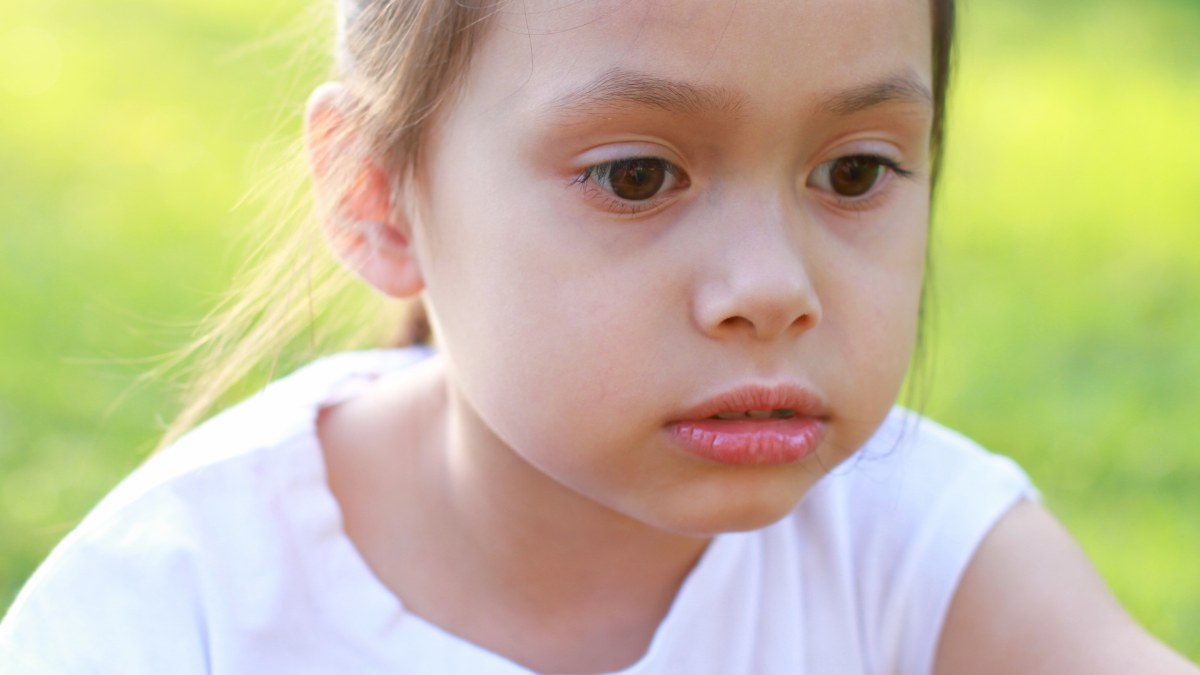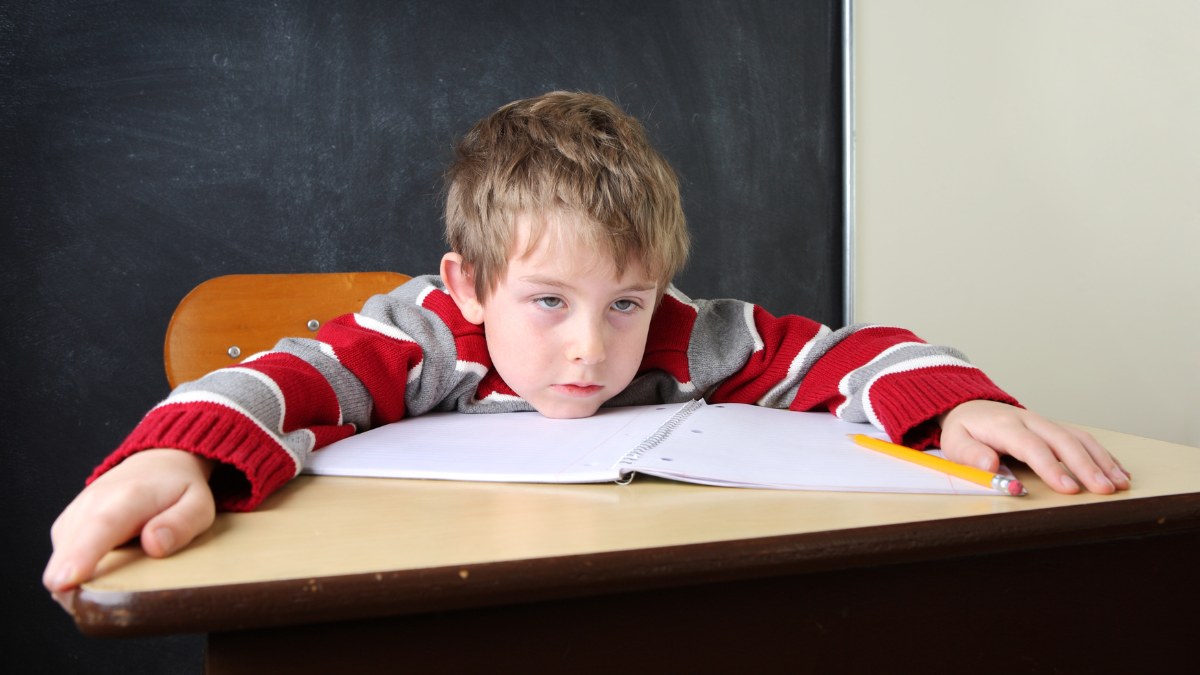How to Find the Best Sleep Aid for Your Autistic Child
Discover the best sleep aid for autistic children to ensure restful nights and improved wellbeing for your child.
.avif)
How to Find the Best Sleep Aid for Your Autistic Child
Sleep Challenges in Autistic Children
Understanding Sleep Difficulties in Autistic Children
Many autistic children face significant challenges when it comes to sleep. Studies show that a higher percentage of children on the autism spectrum experience sleep disturbances compared to their neurotypical peers. These difficulties may include trouble falling asleep, frequent awakenings throughout the night, and early rising. Various factors contribute to these sleep issues, including sensory sensitivities, anxiety, and disruptions in circadian rhythms.

Impact of Sleep Issues on Autistic Children
The consequences of sleep disturbances can be significant for autistic children. Poor sleep can lead to a variety of emotional, behavioral, and cognitive challenges. Children may exhibit increased irritability, decreased attention, and difficulty in social interactions due to the lack of restful sleep.
Furthermore, sleep issues can also affect the family dynamic, creating stress for parents and siblings. The overall quality of life can decline for both the child and the family unit when sleep remains elusive.
Understanding these challenges is crucial for caregivers and professionals seeking the best sleep aid for autistic child. Addressing sleep difficulties can improve overall functioning and enhance quality of life for both the child and their family.
Importance of Sleep Aids
Sleep aids play a crucial role in enhancing the sleep experience for autistic children. They can address the unique challenges that these children face when it comes to falling asleep and staying asleep. Understanding the importance of sleep aids can help caregivers make informed decisions.
Role of Sleep Aids in Supporting Autistic Children
Sleep aids serve various functions in supporting the sleep patterns of autistic children. They can help in creating a conducive environment for sleep, promoting relaxation, and addressing specific sleep challenges.
Benefits of Using Sleep Aids for Improved Rest
Using sleep aids can result in several benefits for autistic children and their families. These advantages can significantly impact their daily lives and overall well-being.
Understanding the role and benefits of sleep aids is essential for parents and caregivers looking to support the sleep needs of autistic children. By exploring the options available, they can identify suitable strategies to enhance sleep quality and overall health.
Types of Sleep Aids
Finding the best sleep aid for an autistic child can involve exploring various options. These sleep aids can generally be categorized into three main types: natural sleep aids, behavioral strategies, and medical interventions.
Natural Sleep Aids
Natural sleep aids typically include herbal remedies and dietary supplements that may promote relaxation and improve sleep quality. Many parents explore these options as they are perceived as safer alternatives to pharmaceutical products.
Behavioral Strategies
Implementing behavioral strategies can be an effective way to enhance sleep in autistic children. These strategies focus on creating positive sleep habits and routines to encourage restful nights.
Medical Interventions
In some cases, medical interventions may be necessary to address severe sleep disturbances. It is crucial for parents to consult healthcare professionals before considering any medication options for their child.
Understanding the types of sleep aids available can assist caregivers in determining the best approach for supporting an autistic child's sleep needs. It is essential to consider individual factors and work closely with healthcare professionals to find the most suitable solution.
Factors to Consider
Selecting the best sleep aid for an autistic child requires careful consideration of several factors. Understanding the individual needs of the child, ensuring safety and efficacy, and consulting with healthcare professionals are essential steps in the process.
Individual Needs of the Child
Every child has unique requirements and preferences when it comes to sleep. It is vital to assess the specific sleep challenges faced by the autistic child. Factors such as sensory sensitivities, anxiety levels, and personal sleep routines can greatly influence the choice of sleep aid.
Safety and Efficacy
When choosing sleep aids, safety and effectiveness are paramount. It is crucial to consider the potential side effects, interactions with other medications, and the overall impact on the child's health. Parents and caregivers should research various options to ensure they are safe for use in children.
Consulting with Healthcare Professionals
Engaging healthcare professionals is a crucial step in the process of selecting sleep aids. They can guide parents based on the child's medical history, current health status, and individual needs. It is advisable to discuss any sleep concerns with a pediatrician, psychologist, or sleep specialist.
Taking these factors into account can lead to more informed decisions regarding sleep aids for autistic children. Understanding the child's unique needs, prioritizing safety, and seeking professional guidance will contribute to better sleep outcomes.
Creating a Sleep-Friendly Environment
Establishing a sleep-friendly environment is crucial for promoting restful sleep in autistic children. This involves creating a consistent routine, optimizing the bedroom, and incorporating relaxation techniques.
Establishing a Bedtime Routine
A consistent bedtime routine provides predictability, which can help autistic children feel more secure as they prepare for sleep. The routine should be calming and include activities that signal it’s time to wind down.
This regular sequence can help signal to the child that it’s time to transition from daily activities to sleep.
Optimizing the Bedroom Setting
The bedroom setting plays a significant role in sleep quality. Creating an environment conducive to rest involves considering lighting, temperature, and noise levels.
Making adjustments to the bedroom can enhance comfort and help the child fall asleep more easily.
Incorporating Relaxation Techniques
Incorporating relaxation techniques can further aid in calming the mind and body before sleep. Different strategies may work for different individuals, so it is important to find what best suits the child.
Consistently implementing these techniques can help the child unwind and prepare for a better night's sleep. By creating a supportive sleep environment through these methods, the child may experience improved rest and overall well-being.
Supporting Autistic Children's Sleep
Supporting the sleep of autistic children requires a multifaceted approach. By encouraging healthy sleep habits, monitoring and adjusting sleep aid usage, and maintaining consistency and patience throughout the process, caregivers can help improve the sleep quality of autistic children.
Encouraging Healthy Sleep Habits
Establishing healthy sleep habits is crucial for autistic children. Simple practices can significantly impact their ability to fall and stay asleep. Implementing a reliable bedtime routine can help signal to the child that it is time to wind down.
Monitoring and Adjusting Sleep Aid Usage
When using sleep aids, monitoring how the child responds is essential. This includes tracking sleep duration and quality, as well as any side effects experienced. Adjusting the usage of sleep aids based on the child's needs can enhance their effectiveness.
Consistency and Patience in the Process
Achieving better sleep for autistic children often requires patience and consistency. Changes in sleep patterns may take time, and caregivers should remain committed to the established routines and strategies. Staying calm and positive can provide the child with a sense of security.
By fostering healthy sleep habits, carefully monitoring sleep aid effectiveness, and demonstrating consistency and patience, caregivers can support autistic children in achieving more restful and restorative sleep.
Sources
https://www.autismparentingmagazine.com/autism-sleep-aids
https://www.webmd.com/helping-your-child-with-autism-get-a-good-nights-sleep
https://livingautism.com/autism-and-sleep-ten-possible-strategies








.jpg)
.jpg)


%20(1).jpg)
.jpg)
